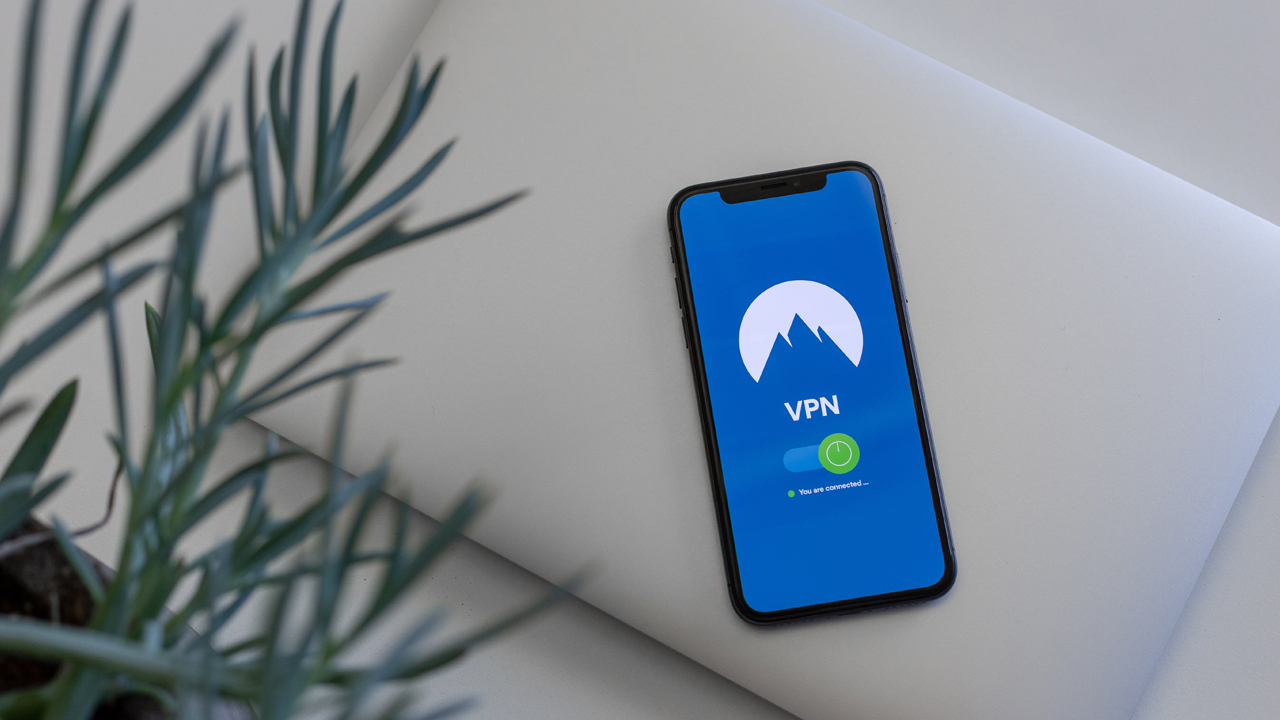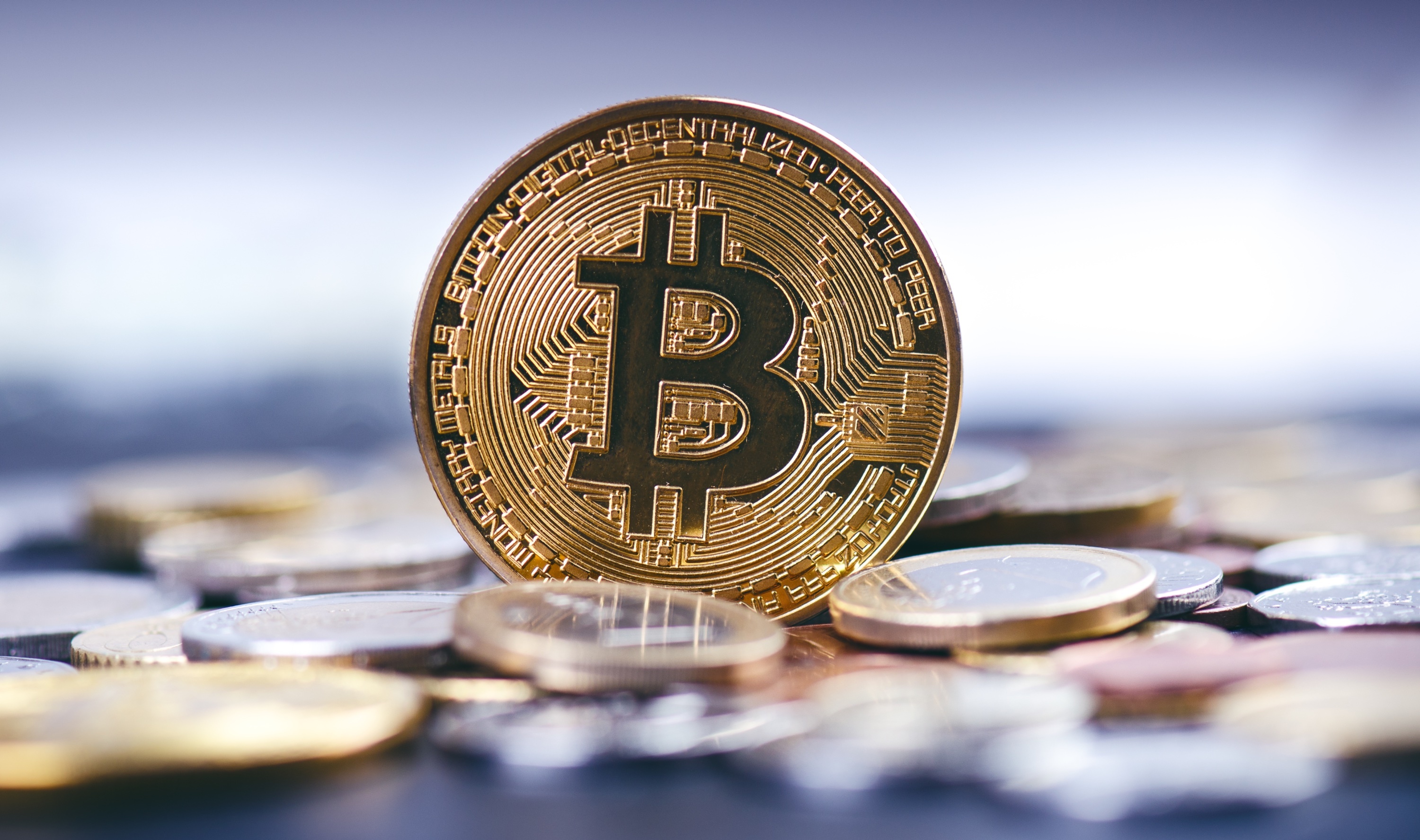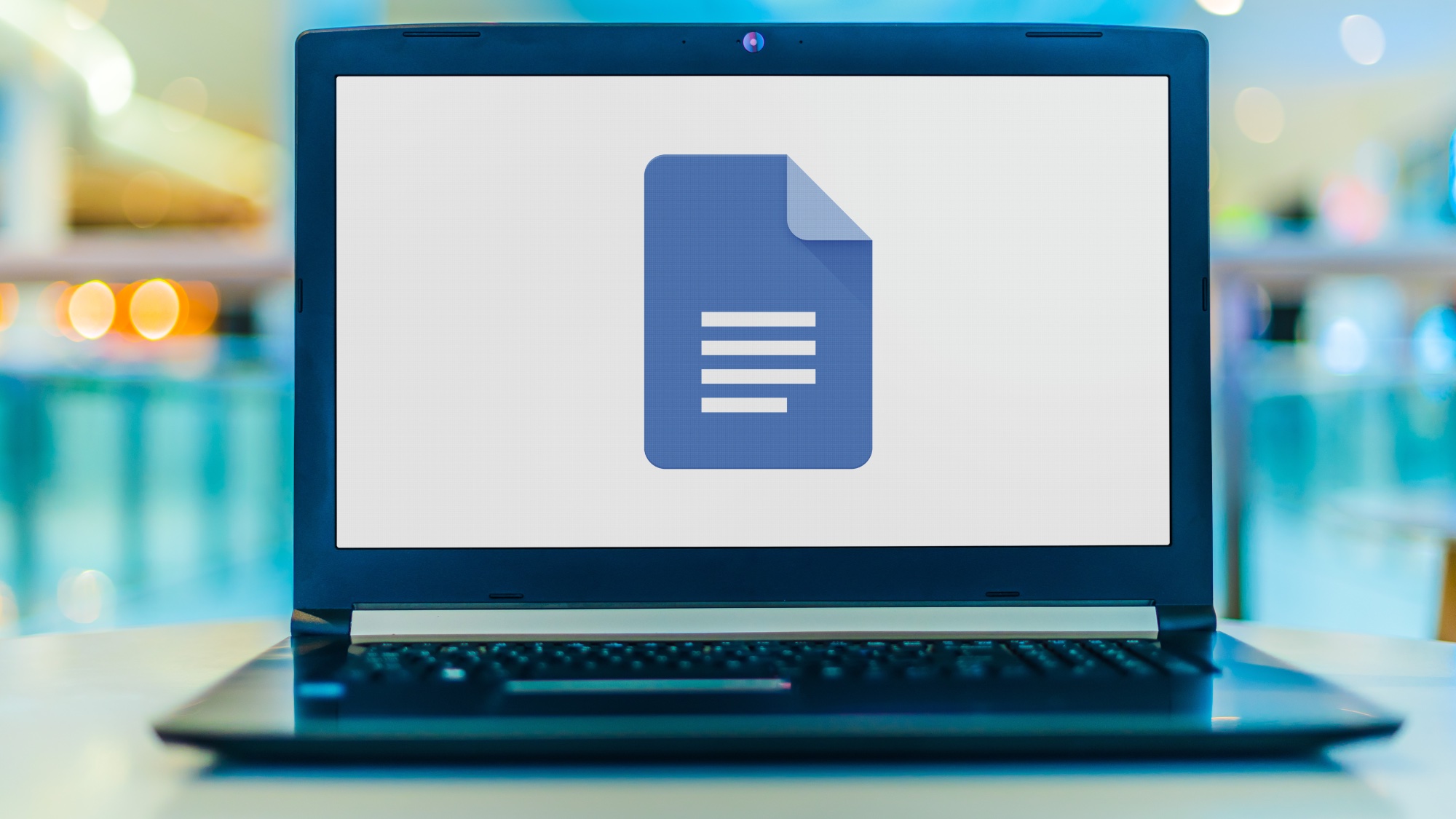NordVPN adds crypto wallet checker to stop scams in their tracks
The wallet checker can flag risky addresses in real time

Here at Tom’s Guide our expert editors are committed to bringing you the best news, reviews and guides to help you stay informed and ahead of the curve!
You are now subscribed
Your newsletter sign-up was successful
Want to add more newsletters?

Daily (Mon-Sun)
Tom's Guide Daily
Sign up to get the latest updates on all of your favorite content! From cutting-edge tech news and the hottest streaming buzz to unbeatable deals on the best products and in-depth reviews, we’ve got you covered.

Weekly on Thursday
Tom's AI Guide
Be AI savvy with your weekly newsletter summing up all the biggest AI news you need to know. Plus, analysis from our AI editor and tips on how to use the latest AI tools!

Weekly on Friday
Tom's iGuide
Unlock the vast world of Apple news straight to your inbox. With coverage on everything from exciting product launches to essential software updates, this is your go-to source for the latest updates on all the best Apple content.

Weekly on Monday
Tom's Streaming Guide
Our weekly newsletter is expertly crafted to immerse you in the world of streaming. Stay updated on the latest releases and our top recommendations across your favorite streaming platforms.
Join the club
Get full access to premium articles, exclusive features and a growing list of member rewards.
NordVPN, the best VPN on the market based on our testing, has introduced a new feature designed to help cryptocurrency users avoid falling victim to fraud.
The crypto wallet address checker, now part of the company's Threat Protection Pro suite, automatically flags suspicious wallet addresses during web browsing – a move aimed at combating the growing wave of digital asset scams.
The launch comes as cryptocurrency crime continues to rise. According to recent data, cryptocurrency scams and hacks have cost investors more than $2.5 billion in 2025 alone. By allowing users to check addresses before sending funds, NordVPN aims to give them a much-needed safety net.
What is a crypto wallet checker?
Threat Protection Pro is one of NordVPN's most important cybersecurity tools, blocking malware, ads, trackers, and phishing domains. The new wallet checker expands this by targeting one of crypto's biggest risks: the irreversible nature of blockchain transactions.
"The wallet address checker helps protect users from cryptocurrency fraud," said Domininkas Virbickas, product director at NordVPN. "Threat Protection Pro already blocks ads, trackers, malware, phishing sites, and scam domains, providing safer internet interaction whether users engage with cryptocurrency or not."
For anyone who regularly copies and pastes wallet strings from websites, emails, or forums, the tool acts as a real-time warning system. By using the checker, users will be able to identify dangerous addresses before sending money to the wrong place.

How does the crypto wallet checker work?
The checker runs locally on your device, scanning web pages in the background for text that matches common wallet formats, such as Bitcoin or Ethereum addresses. This means your browsing history and page content never leave your computer.
If it detects a wallet address, the tool sends only that string to NordVPN's verification service. There, it's compared against databases of addresses previously linked to phishing, scams, or fraud. If a match is found, the address is highlighted on the page, and hovering over it triggers a pop-up warning that it may be unsafe.
Importantly, NordVPN stresses that no personal data is collected. Only the wallet address itself is transmitted for checking, ensuring that user privacy stays intact.
Why this matters for crypto users
One of crypto's biggest assets is also one of its greatest dangers: once funds are sent, they cannot be reversed. A single interaction with a malicious wallet address can drain a portfolio in seconds.
The timing of NordVPN's update reflects the growing sophistication of cryptocurrency scams. Criminals are increasingly planting fake wallet addresses on social media, online communities, or even hacked websites, hoping distracted users will copy them. These tactics are effective because wallet strings look almost identical at a glance.
That's where NordVPN's checker comes in. By alerting users to known fraudulent addresses, it creates a buffer against what might otherwise be an instant and costly mistake.
However, NordVPN is also keen to stress that good habits remain essential. Users should double-check wallet addresses manually, compare the first and last characters before sending, and avoid copying strings from suspicious sources. Hardware wallets, two-factor authentication, and trusted platforms with allow-listing features all add extra protection.
Virbickas summed it up simply: "Our wallet address checker is designed to be that extra pair of eyes, but smart browsing habits remain your first line of defense."
For cryptocurrency users, NordVPN's cryptocurrency wallet checker provides an extra safeguard against fraudulent addresses that works quietly in the background without compromising privacy.
It won't replace caution or due diligence, but it could mean the difference between a safe transfer and an irreversible loss. Plus, in the fast-moving world of cryptocurrency, that peace of mind might be just as valuable as the coins themselves.
We test and review VPN services in the context of legal recreational uses. For example: 1. Accessing a service from another country (subject to the terms and conditions of that service). 2. Protecting your online security and strengthening your online privacy when abroad. We do not support or condone the illegal or malicious use of VPN services. Consuming pirated content that is paid-for is neither endorsed nor approved by Future Publishing.
- Olivia PowellTech Software Commissioning Editor
You must confirm your public display name before commenting
Please logout and then login again, you will then be prompted to enter your display name.
 Club Benefits
Club Benefits










